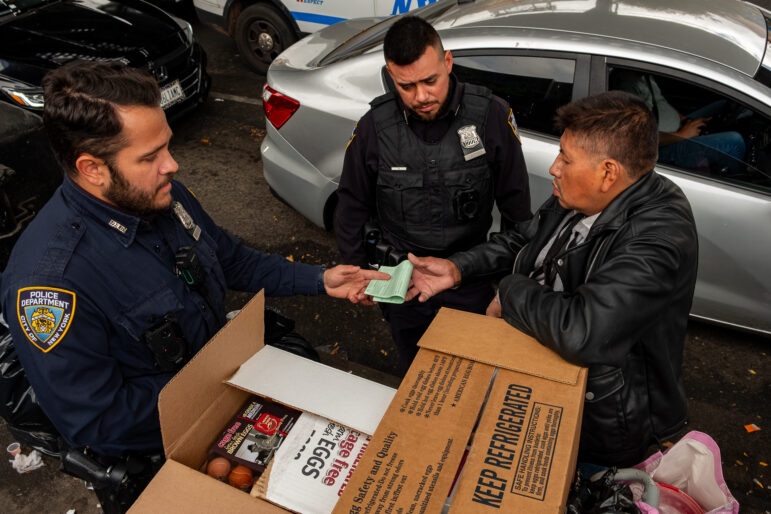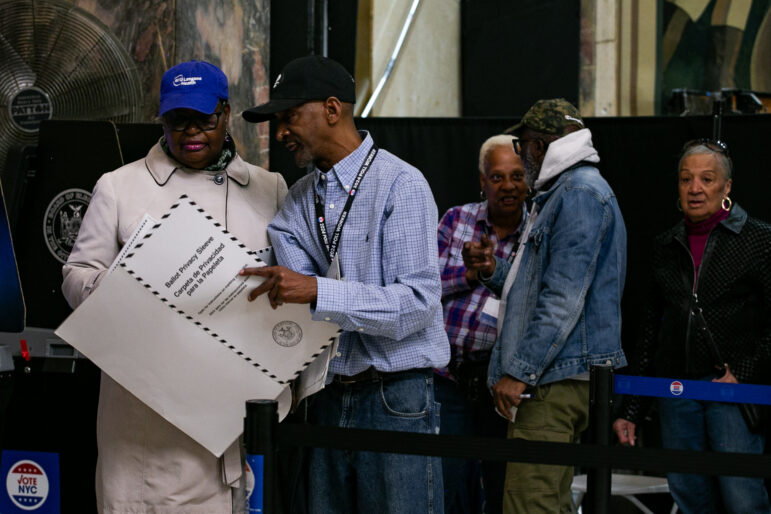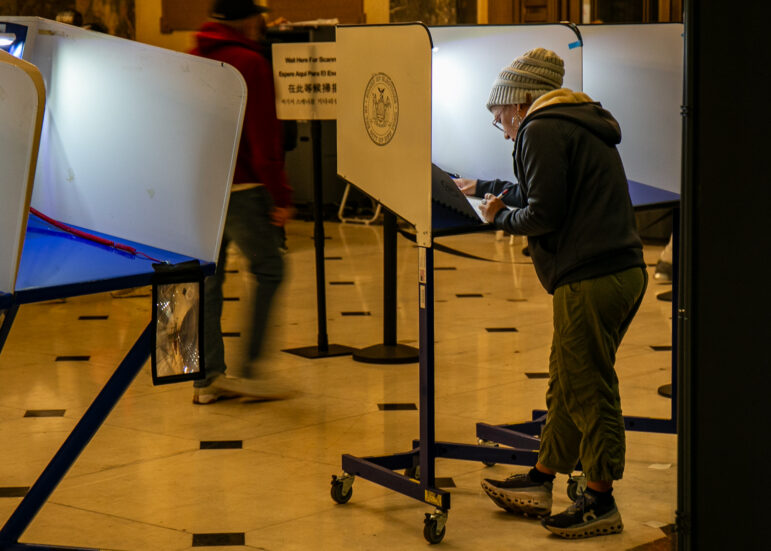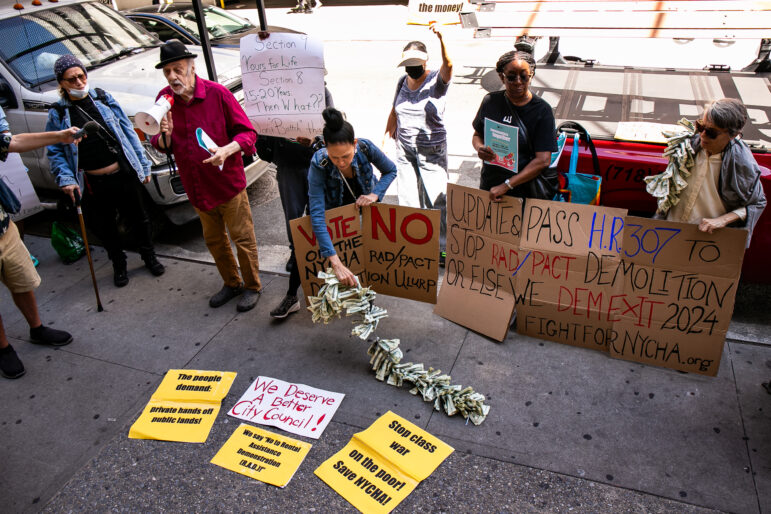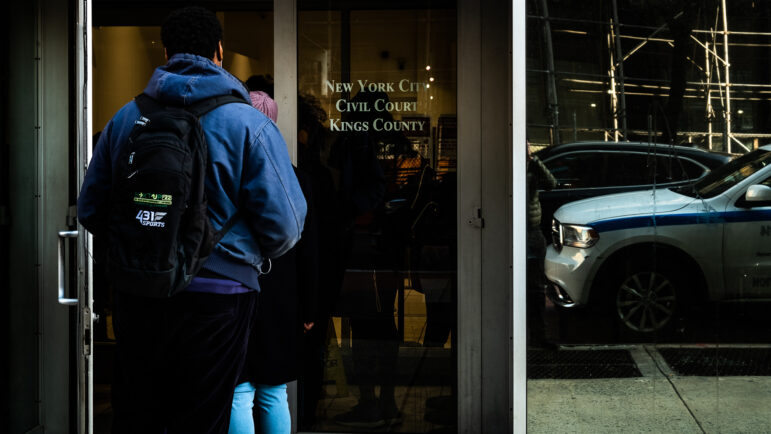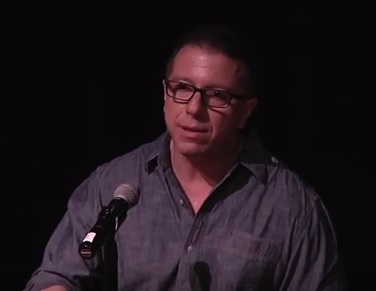
York College
Johnny Hincapie at York College on November 10, 2015.
Let’s face it: Nobody likes the media. Bill de Blasio jousts with it, Ben Carson scapegoats it, progressive protesters call for “muscle” to get it out of their way. Some of the critiques of the media are on target. But most miss key nuances involved in how this multifaceted, largely for-profit industry balances its commercial and public-service roles amid an ever intensifying competition for your attention span.
The case of Johnny Hincapie is a classic example of the myriad roles the media can play. Media attention in 1990 brought incredible pressure to bear on the city and NYPD to solve the Brian Watkins murder quickly, and may have contributed to what Hincapie says was police mistreatment that led him to make a false confession. Two decades later, elements of the media (namely reporter Bill Hughes and City Limits) were who helped spur the reopening of the case. And now the media, in the form of Dateline NBC, has made Hincapie a national name.
York College, where Hughes teaches journalism, held a panel discussion this week on the role of the media in overturning wrongful convictions. (In Hincapie’s case, a judge in October rejected his application for a finding of actual innocence but did set aside the 1991 conviction because of newly discovered evidence. Hincapie remains free on bail and is technically under indictment again for the crime. Prosecutors have appealed the decision to overturn the earlier verdict and could also decide to try him again.)
Hughes, Hincapie, former Chairman of the New York State Board of Parole Robert Dennison and Pete Fiorello, a retired detective who now works as a private investigator assisting wrongfully convicted prisoners and yours truly appeared. Watch the video below:


